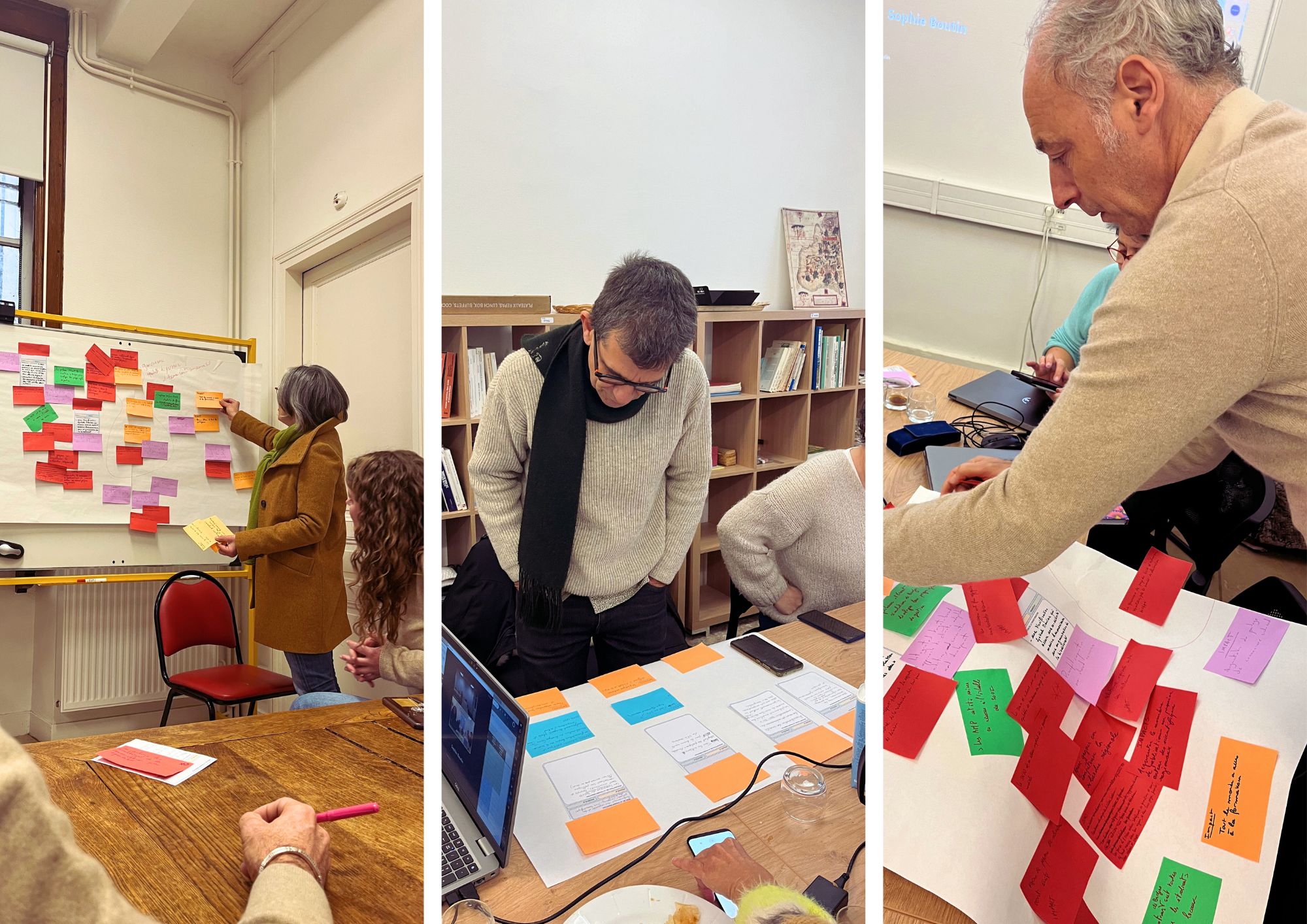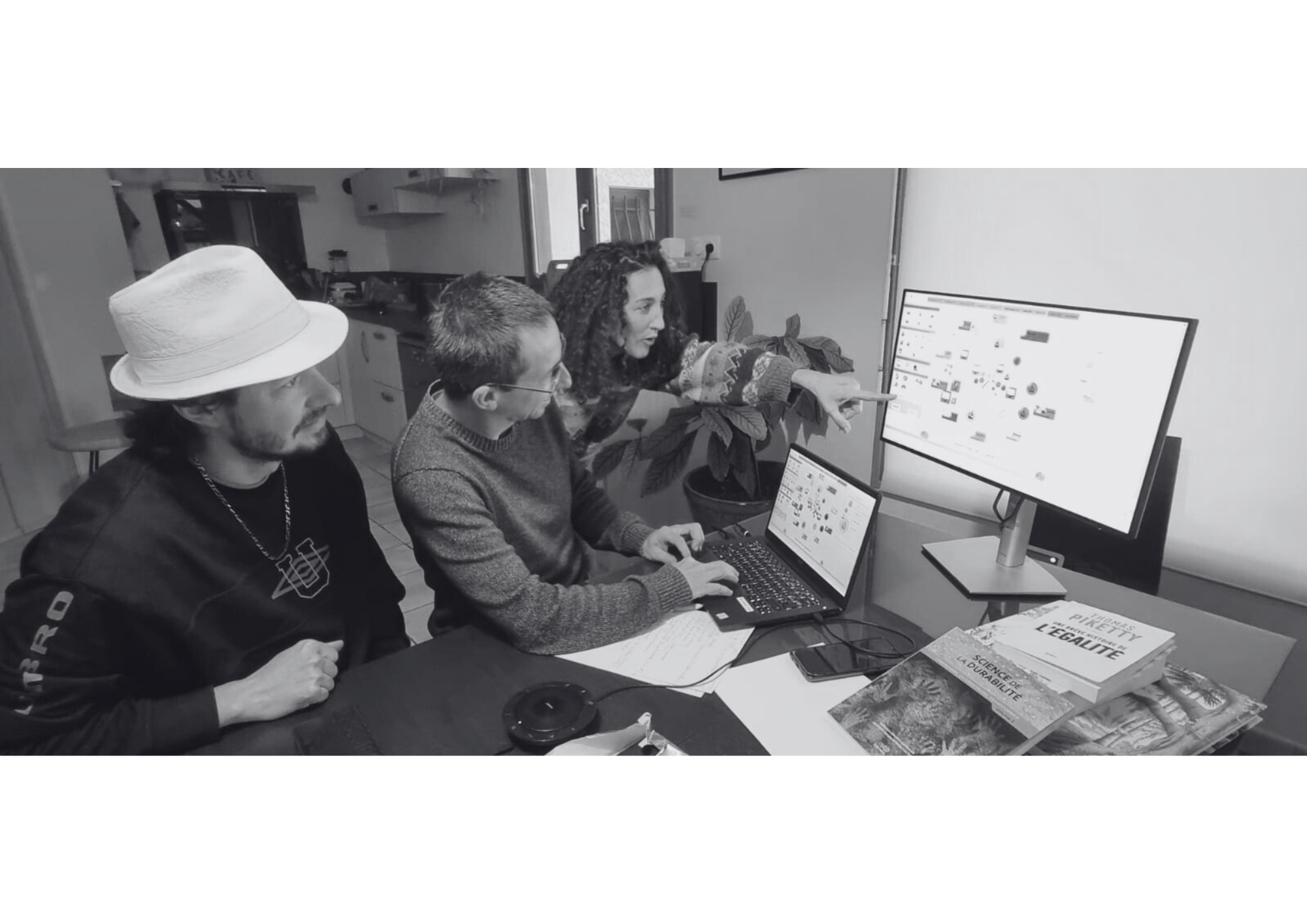
TP 6 : IMPACT
Duration: 120 months
Leader: IRD
Key partners: INRAE, CNRS, Mayotte University, Reunion Island University, Labos 1point5
BRIDGES carries out research into the marine social-ecological systems of 6 study sites to analyse existing site management strategies and contribute to multi-stakeholder dialogue, thus helping to initiate fair and sustainable transformation processes.
BRIDGES-IMPACT aims to help understand, monitor and amplify those transformations and the processes involved. This targeted project will also assess the impacts of BRIDGES actions. Its innovative approach involves working over a 10-year period on the regional scale of the South-West Indian Ocean.
This project will guide BRIDGES stakeholders towards common definitions and objectives. This implies extensive and regular co-construction and coordination work.
BRIDGES-IMPACT priorities are to:
- Amplify the impact of the other TPs and of BRIDGES as a whole, particularly by supporting stakeholders in defining desirable future outcomes
- Contribute to knowledge on the impact that research – and more specifically transdisciplinary research – can have on the transformation of marine social-ecological systems
- Contribute to reducing BRIDGES’ environmental footprint by raising awareness among its scientific community, calculating carbon footprints, and jointly constructing reduction strategies
- Train facilitators in the SWIO region to set up workshops aimed at reducing environmental impacts.

The project’s work is mainly based on :
- Analysis of past transdisciplinary research projects carried out in the SWIO to find lessons and recommendations for BRIDGES
- Methods for assessing the impact of research, like ASIRPA-Temps Réel, that will be adapted and implemented in each study site.
This project will work closely with the other TPs to integrate their results effectively into impact assessment templates and enable them to enhance the impact of their work throughout the programme.
- Workshops involving regional partners to jointly construct strategies to transform their social-ecological systems;
- A literature review, identifying and selecting indicators, designing new methods;
- Regular meetings to monitor transformations with the different stakeholders involved;
- Regular evaluations of BRIDGES’ carbon footprint;
- ‘Ma Terre‘ workshops: training for facilitators and in setting up workshops (5 to 15 during the programme).
2024-2033 :
- Monitoring BRIDGES’ carbon footprint
2026 :
- Synthesis of existing impact assessment frameworks
2027 :
- Impact pathways for each site
- Indicators and metrics
- Research impact assessment information system
2031 :
- Summary of research contribution to impact and impact pathways
- Summary of impact assessment of transdisciplinary projects
2033 :
- Impact assessment summaries
- GHG reduction scenarios
Rodolphe DEVILLERS (IRD)

Rodolphe Devillers is an IRD senior research scientist, deputy director of the ESPACE-DEV research unit and will be head of this project. His research focuses on applying geographical approaches (like a geographic information system and spatial ecology/statistics) to marine sciences and conservation. Rodolphe Devillers has extensive experience of work combining marine protected areas (MPAs), fisheries and sustainability sciences which are the focus subjects for BRIDGES. In the last 20 years he has led over 40 research projects including large-scale international initiatives, with his research focusing on the South-West Indian Ocean region in recent years. His interdisciplinary background has made him used to working at the interface between the natural and social sciences in the marine science field. He has a strong scientific record with around a hundred publications and has (co) supervised 11 PhD students and 4 post-doctoral fellows.
Adrien COMTE (IRD)

Adrien Comte is an IRD scientist based at the LEMAR research unit in Brest and will be the co-director of this project. He is an ecological economist and sustainability scientist whose research focuses on the challenges of measuring sustainability and evaluating climate change mitigation and adaptation policies in marine socio-ecological systems. Adrien Comte also has extensive experience at the interface between science and policy through consulting work for the FAO, policy briefs with the Ocean & Climate Platform or involvement with working groups with the French Biodiversity Office, the National Biodiversity Observatory and the Ministry in charge of environmental affairs. More recently, Adrien has worked on several projects involving the development of indicators, dashboards and accounting systems for enhanced measurement of the sustainability of different territories and countries to assess public policies and provide scientific input for decision-makers. He has published a dozen interdisciplinary and international research articles.
BRIDGES IMPACT latest news
No news


